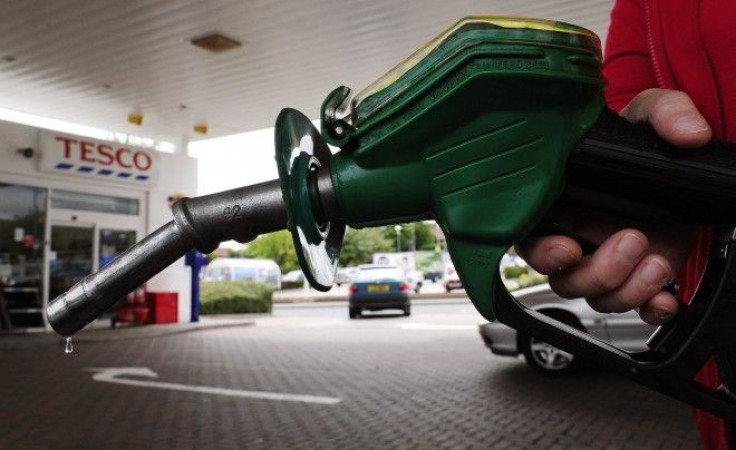Iran, Kuwait say no to increasing crude supply

Kuwait and Iran, two of the world's largest crude exporters and prominent members of the Organization of Petroleum Exporting Countries (OPEC), have reiterated that they don't see the need to raise output to keep rising crude prices under check.
Sheikh Ahmad al-Abdullah al-Sabah, the Kuwaiti oil minister, said an oil price in the range of $80-$100 was acceptable, the Financial Times reported. Al-Sabah also said crude could cost $100 per barrel in 2011.
Rising gasoline prices are a concern for the U.S. consumers and there is already talk about gas prices hitting $5 per gallon by 2015. There has also been criticism of the OPEC decision to sit tight on production quota month after month. The cartel had imposed quotas late in 2008 when oil prices headed south in the aftermath of the global meltdown.
However, demand has surged since then, and consumption in the emerging markets has picked up phenomenally. But OPEC has stuck to its stand that price rises are more of a function of the speculative market and did not result from supply constraints. It is estimated that OPEC members sit on a combined spare capacity of at least 5 million barrels per day.
Echoing the Kuwait minister' statement, Mohammad Ali Khatibi, Iran's senior representative at OPEC said the recent increase in oil prices was a nominal rise caused by the dollar's decline, FT reported, citing a Reuters report.
The market is balanced for supply and demand, and there is no shortage right now, so no need to supply more.
© Copyright IBTimes 2024. All rights reserved.











